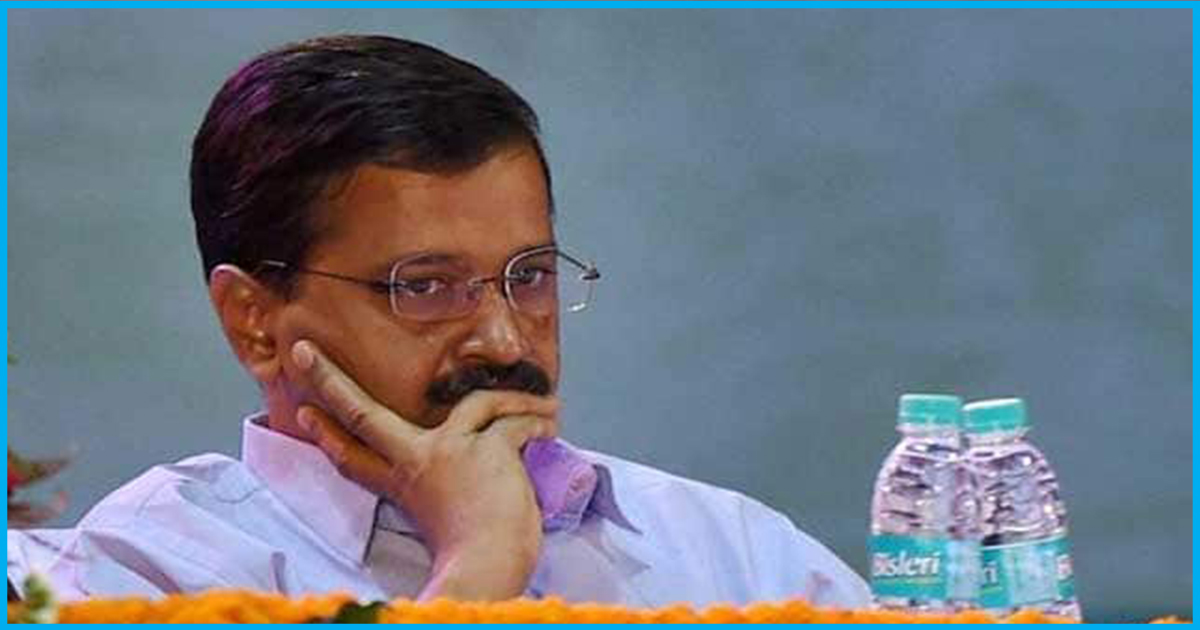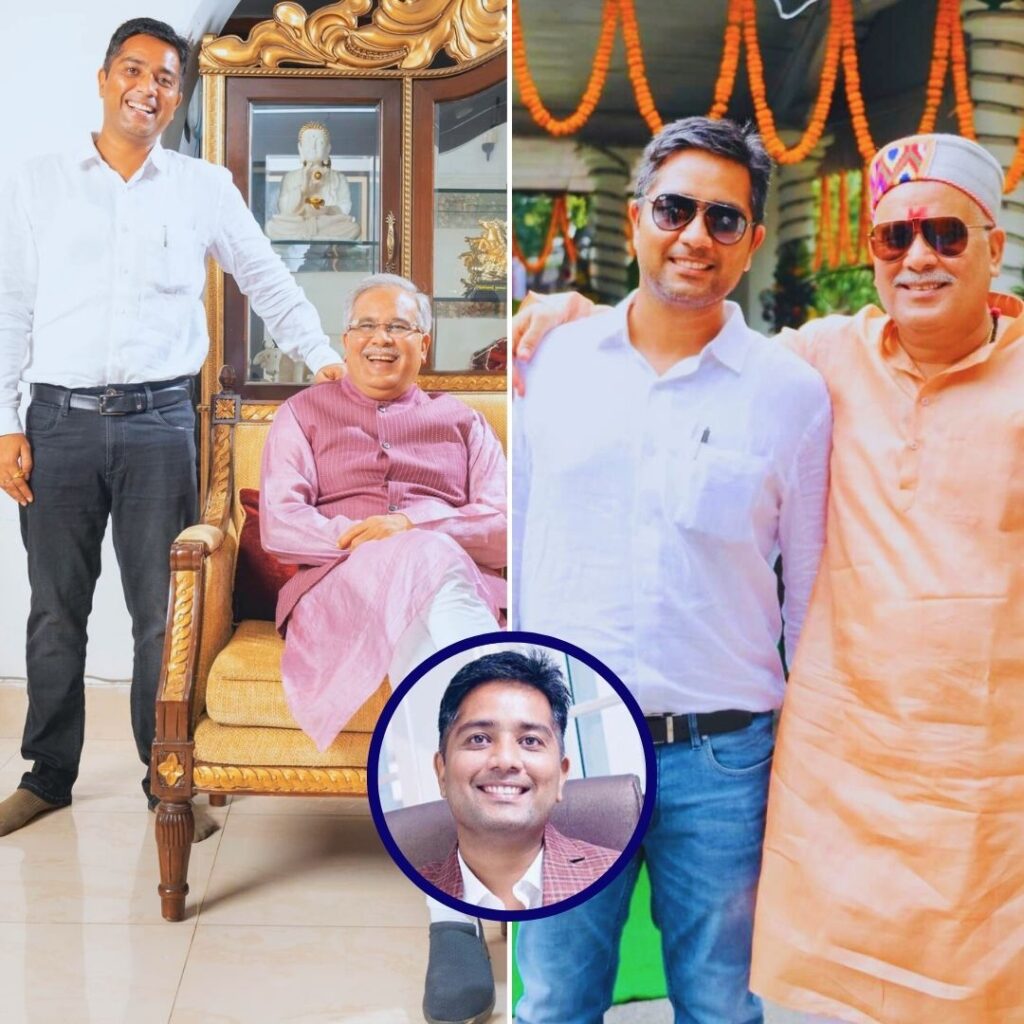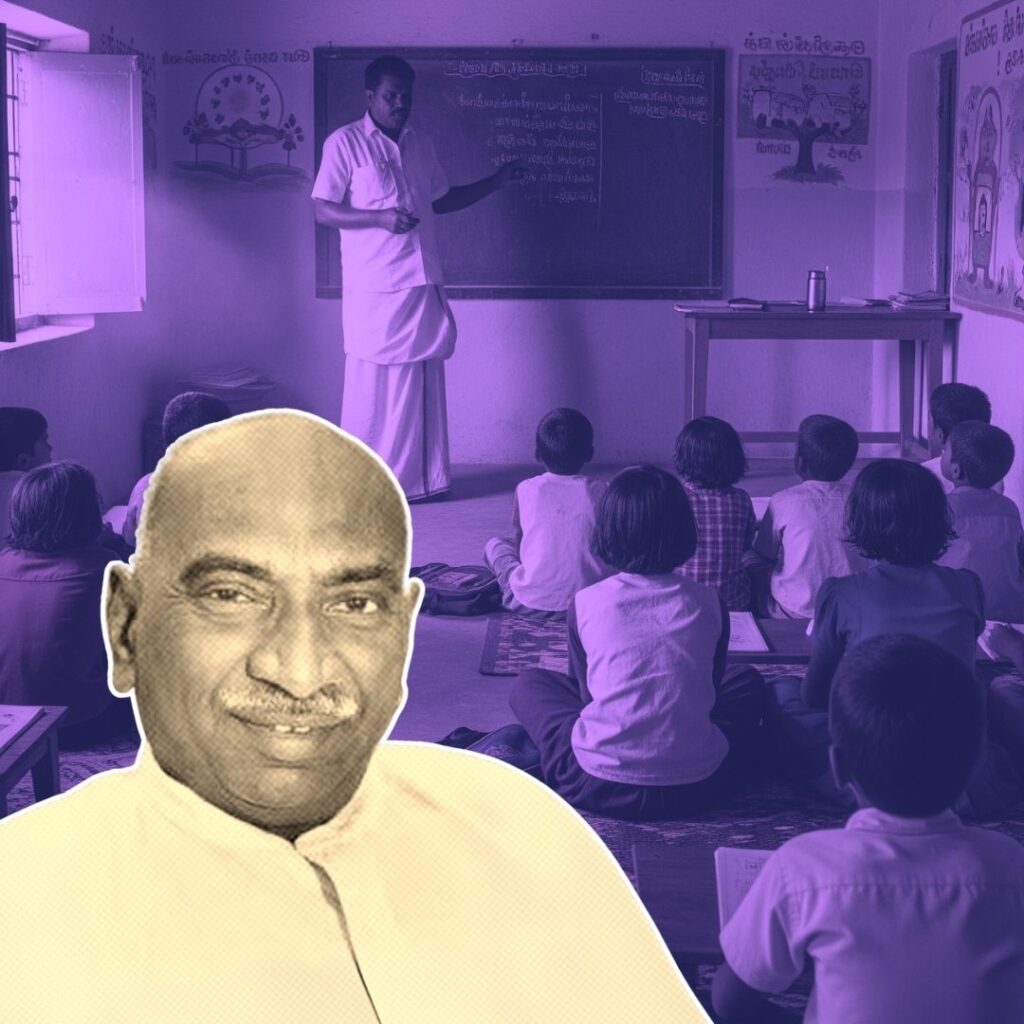In the latest edition of the tussle between the Centre and Arvind Kejriwal, the Chief Secretary of Delhi was reportedly appointed without consulting the Delhi Chief Minister for the third time.
Reportedly, Vijay Kumar Dev was appointed as the Chief Secretary of the national capital via an official order on November 23. Formerly, the Chief Election Commissioner of the city, Dev is believed to have had a strained relationship with the AAP government over the deletion of names from voter lists.
Why does it matter?
The appointment is significant in light of what the Chief Secretary essentially does. As per the Transaction of Business Rules of the Delhi government, the Chief Secretary is the Secretary of the Council of Ministers (Council) within the State Legislative Assembly. According to Rule 19[4(a)], the Chief Secretary can call for the production of papers relating to any proposal on the Chief Minister’s order. Furthermore, the Chief Secretary must submit the proposal to requisite Minister-in-charge or the Chief Minister through the former.
To put it simply, the Chief Secretary aids the Chief Minister and the Council in overseeing proposals that have been put forth before the Assembly. Hence, there must be a consensus between a Chief Secretary and the elected government. It would be safe to say that Dev’s appointment could hamper the smooth functioning of the Delhi government since the Chief Secretary has already locked horns with AAP.
The Big Question
This appointment also raises pertinent questions with regard to legality. Many contend that the Lieutenant Governor (L-G) ought to have consulted the Chief Minister before making the appointment. This contention is not without merit.
In July this year, the Supreme Court determined the relationship between the L-G and the Delhi State Government. The Apex Court held that the L-G had to act upon the advice of the Chief Minister and the Council barring matters relating to land, police or public order. Furthermore, the Court opined that in a Democracy, the elected representatives reflect the ‘will of the people’. Therefore, it would not be incorrect to conclude that the appointment of the General Secretary without consulting the Chief Minister was indeed illegal.
However, there is a counter-point to this. In the verdict, the Court continued to recognize Delhi’s ‘special status’ and differentiated it from a ‘state’.
What this essentially means is that Delhi continues to be a Union Territory (UT) as per Article 239AA (1) of the constitution and shall be administered by the L-G. The issue at hand essentially involves the discretionary power of the L-G. According to Section 41 of the National Capital Territory of Delhi Act, 2013, the L-G can act with discretion under two circumstances.
Powers of the L-G
Firstly, if the law requires him to do so and secondly, on matters which the Assembly cannot delve into. The previously mentioned Section also gives the L-G the authority make the final decision in case there is a doubt over whether this discretionary power exists or not.
Now as for the Chief Secretary is concerned, Section 55 [2(b)] of the Transaction of Business Rules dictates that L-G ought to refer proposals regarding his appointment to the Central Government or the MHA. Hence, it could be argued that the appointment was legal. The ‘public order’ issue adds another dimension to this argument.
As per Section 55[2(b)] of the previously mentioned rules, the L-G also has a duty to refer matters pertaining to the interests of a minority community, Scheduled Caste or any backward class to the Centre. The case could be made, that these are matters that could potentially disrupt the ‘public order’ of the country. Hence, the Chief Secretary essentially oversees matters affecting the ‘public order’. However, the definition of what constitutes ‘public order’ in India is ambiguous, to say the least.
The Road Ahead
All in all, it is in the best interest of the AAP government and L-G to settle the issue. One needs to look no further than Article 239(4) according to which, differences of opinion between the L-G and his Ministers must be referred to the President. Furthermore, the L-G ought to exercise his opinion only if it is a matter of urgency.











